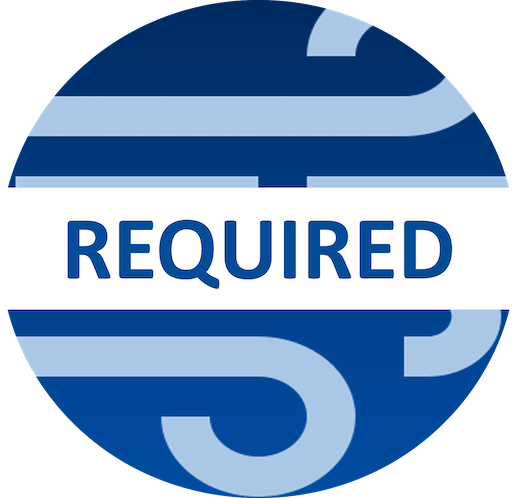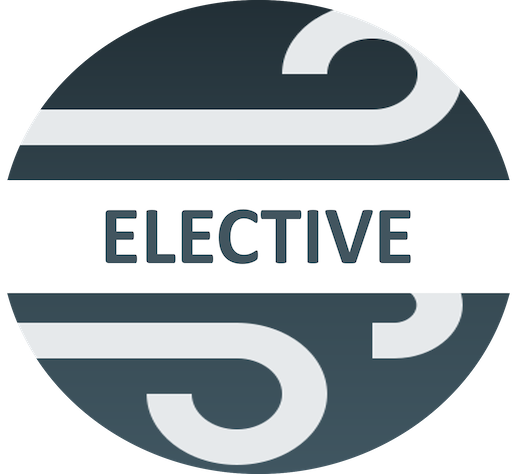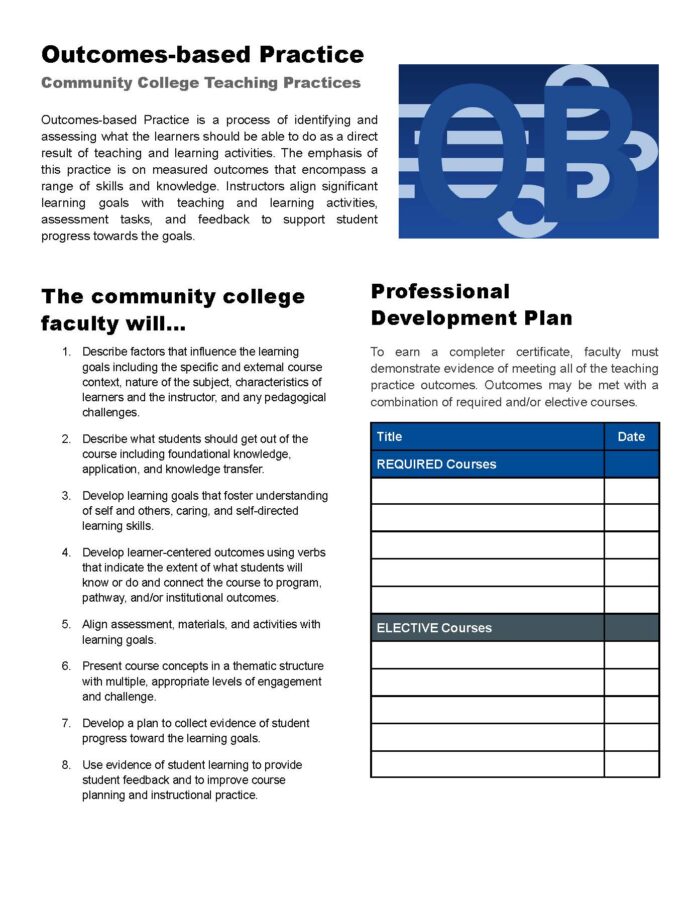Outcomes-based Practice
Outcomes-based Practice is a process of identifying and assessing what the learners should be able to do as a direct result of teaching and learning activities. The emphasis of this practice is on measured outcomes that encompass a range of skills and knowledge. Instructors align significant learning goals with teaching and learning activities, assessment tasks, and feedback to support student progress towards the goals.
The community college faculty will…
- Describe factors that influence the learning goals including the specific and external course context, nature of the subject, characteristics of learners and the instructor, and any pedagogical challenges.
- Describe what students should get out of the course including foundational knowledge, application, and knowledge transfer.
- Develop learning goals that foster understanding of self and others, caring, and self-directed learning skills.
- Develop learner-centered outcomes using verbs that indicate the extent of what students will know or do and connect the course to program, pathway, and/or institutional outcomes.
- Align assessment, materials, and activities with learning goals.
- Present course concepts in a thematic structure with multiple, appropriate levels of engagement and challenge.
- Develop a plan to collect evidence of student progress toward the learning goals. [Valencia]
- Use evidence of student learning to provide student feedback and to improve course planning and instructional practice.
Professional Development
To earn a completer certificate, faculty must demonstrate evidence of meeting all of the teaching practice outcomes. Outcomes may be met with a combination of required and/or elective courses. Access the CTL calendar to explore upcoming sessions.

Community Immersion
This workshop experience was designed to help MCC employees gain a better understanding of themselves as employees in a diverse community, gain a better understanding of the community including its challenges and resources, and develop a deep understanding of the experiences of the students and families with whom they will work. During the session, Deanna Villanueva-Saucedo will take us on a pre-recorded tour of the community that envelops the MCC Southern & Dobson campus. The session facilitator will share resources to explore and discuss the community’s diverse historical roots, the varied socioeconomic and ethnic populations, and issues of racialization, segregation, and marginalization of some areas within the community. Outcomes 1, 3

Course Planning 101
After exploring the situation factors that influence course design, participants will apply the principle of alignment to establish learning goals, draft teaching and learning activities, and determine the type of assessments that will provide direct evidence of student learning. This foundational workshop may be applied to course planning across modalities. Outcomes 1-7

Plan-Do-Study-Act: MCC’s 4Cs and Canvas
In this session, participants will apply the assessment cycle to course planning that includes one of MCC’s institutional student learning outcomes: communication, civic engagement, critical thinking, and cultural and global engagement. Strategies will be shared to access and use student learning data to inform instructional practice. Outcomes 4-8

Significant Learning and How It Works
This workshop supports faculty in designing learning experiences for students across the six major categories of Fink’s Taxonomy of Significant Learning: foundational knowledge, application, integration, human dimension, caring, and learning how to learn. Through reflecting on their own course lesson, assignment, project or activity, faculty will consider what they are currently doing that addresses these categories, and where they might add to their current practices to address more of these opportunities for meaningful learning. Outcomes 1-7

OER101
Open Educational Resources (OER), a part of the global open content movement, are shared teaching, learning, and research resources available under legally recognized open licenses — free for people to reuse, revise, remix, and redistribute. Review the attributes of OER including sharing and quality considerations. Participants will explore available OERs and consider how to integrate OERs into classes in an effort to reduce or eliminate textbook costs. Outcomes 5-6
References
- Barbeau, L. & Cornejo, C. (2023). Critical Teaching Behaviors. https://criticalteachingbehaviors.org/what
- Fink, L.D. (2013). Creating Significant Learning Experiences: An Integrated Approach to Designing Online Courses. Jossey-Bass.
- Suskie, L. (2018). Assessing Student Learning: A Common Sense Guide. 3rd Edition. Jossey-Bass.
- Valencia College. (n.d.). Outcomes-based Practice. https://valenciacollege.edu/faculty/development/teaching-learning-academy/candidate/tla-student-competencies-lcf.php
- Waddell, J. (2013). Communities as Critical partners in Teacher Education: The Impact of Community Immersion of Teacher Candidates’ Understanding of Self and Teaching in Urban Schools. Current Issues in Education. 16(2) 1-13.

